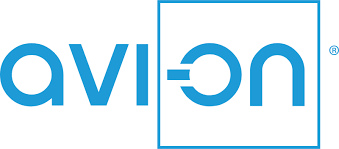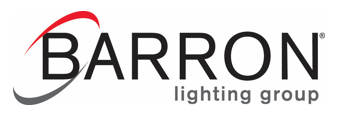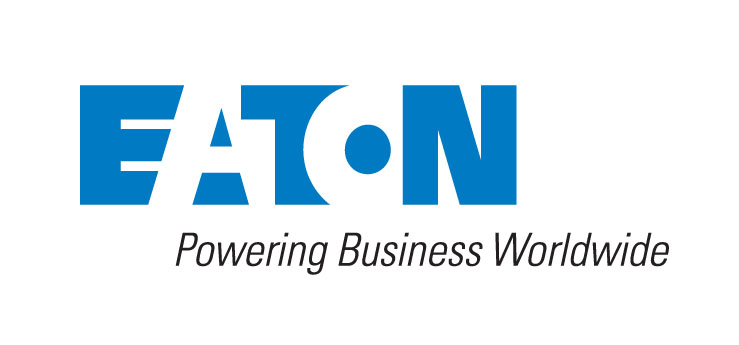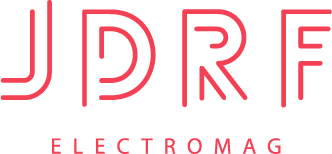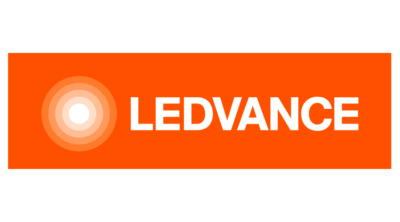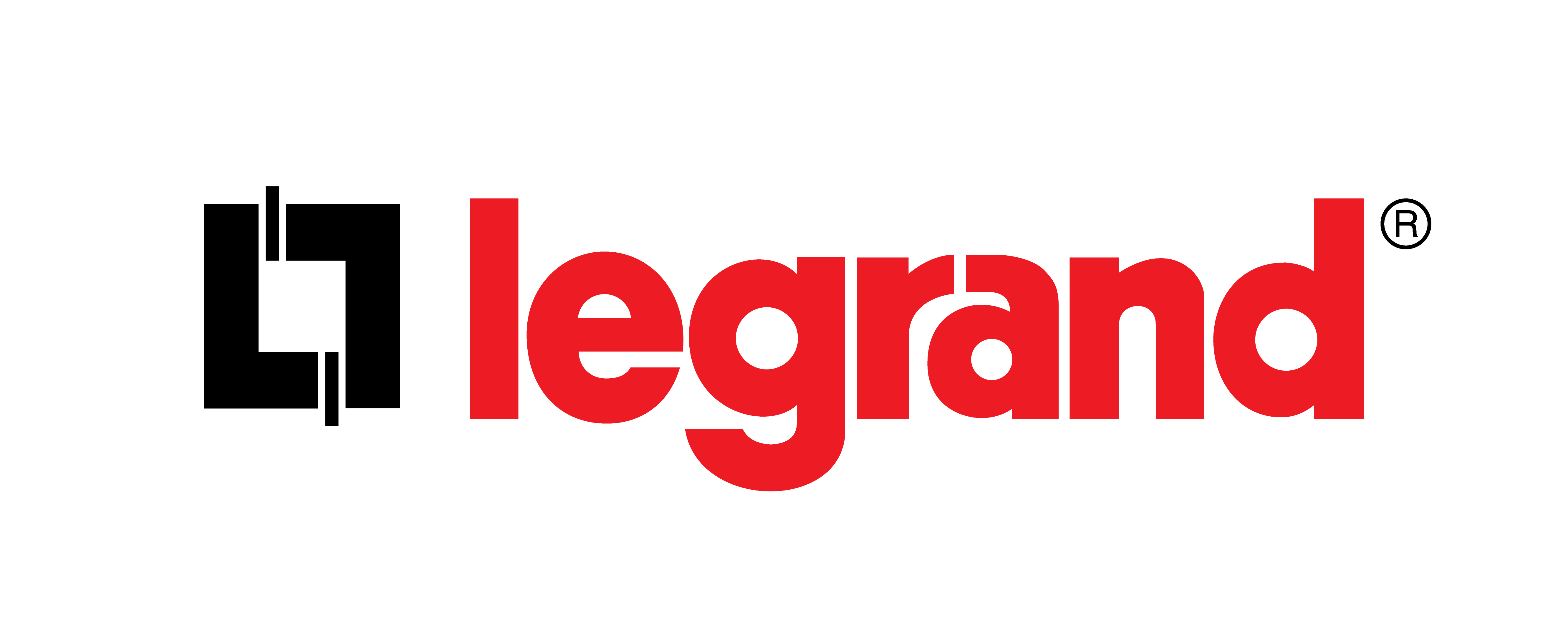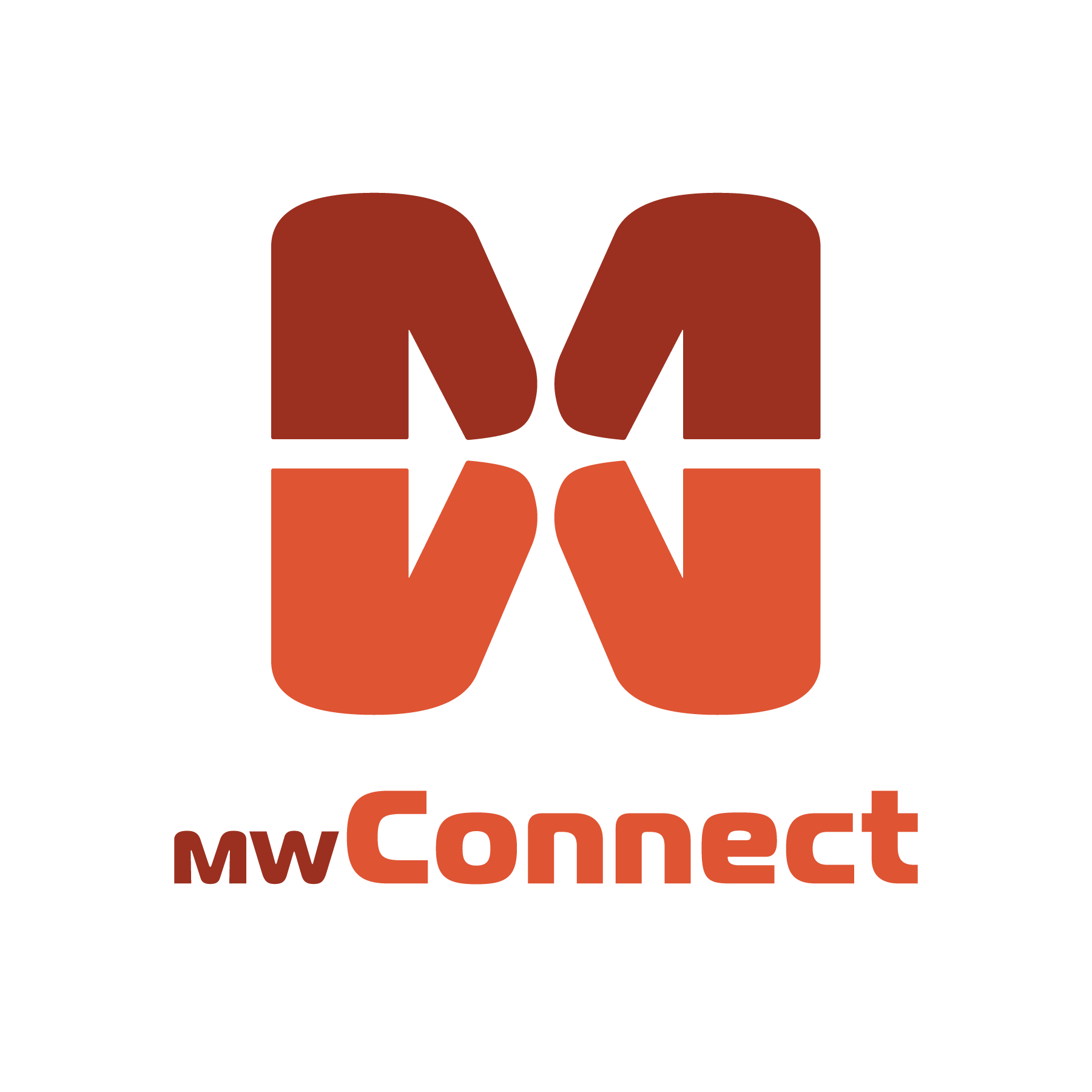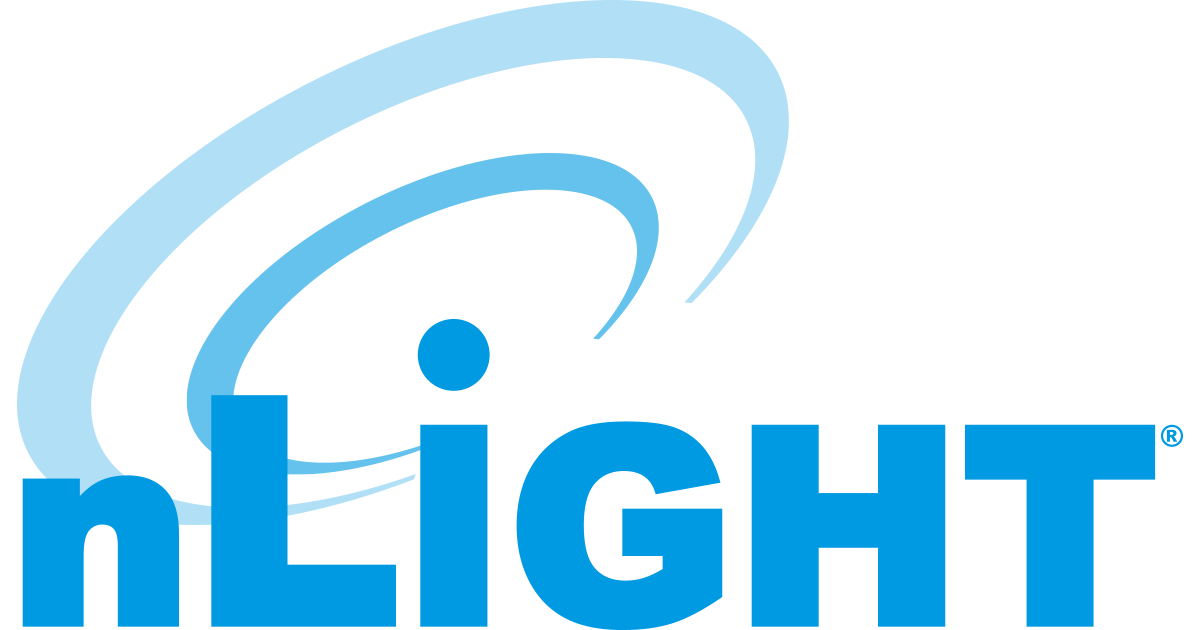The Lighting Controls Academy’s Craig DiLouie recently interviewed Dominic Macaluso, Business Development Manager – North America, West Coast; Brent Conley, Business Development Manager – North America, East Coast; and Ovidiu Vrabie, Marketing Specialist at Flashnet, LLC. The conversation focused on the company, its lighting control offering, and its distinct value proposition. Check it out to learn more about the LCA’s newest member.
DiLouie: Please introduce our audience of lighting controls practitioners to your company.
Flashnet: Flashnet is a global provider of advanced street lighting control and smart city solutions, developing and integrating robust hardware, multi-protocol communication infrastructure, and scalable software platforms.
With a focus on reliability and interoperability, our solutions empower cities, utilities, and integrators to achieve full awareness and control over their street lighting infrastructure, delivering long-term value and future-proof flexibility to smart city projects worldwide – as proven in major deployments across cities like Washington D.C., Brussels, Jeddah, and many others.
Founded in 2005 and now part of the UK-based Lucy Group, Flashnet brings nearly two decades of innovation, system reliability, and integration expertise to the lighting control industry.
DiLouie: How would you describe your lighting controls product line?
Flashnet: We offer a full spectrum of luminaire controllers – NEMA, Zhaga and pole mounted, all engineered for flexibility. Whether leveraging LoRaWAN, NB IoT, LTE M or GSM, they support individual lamp-level control, dimming, fault reporting, and edge analytics, all while seamlessly integrating with city or utility systems.

DiLouie: What notable new product introductions did your company offer this year?
Flashnet: This year, Flashnet introduced several important product adaptations to better serve the North American market.
First, we expanded our NEMA-based streetlight controller portfolio with models designed to operate safely and reliably on 480V systems, commonly used in U.S. outdoor lighting infrastructures.
In parallel, we enhanced our LoRaWAN luminaire controllers range to support North American frequencies, ensuring full compliance with local regulations and optimal performance in U.S.-based networks.
Furthermore, we successfully completed the recertification of our inteliLIGHT® StreetLight Control Software to the latest version of the TALQ interoperability standard, reaffirming our commitment to open, vendor-neutral smart city ecosystems.
DiLouie: What is your company’s philosophy regarding product development and customer service?
Flashnet: At Flashnet, product development is driven by openness, interoperability and R&D-led innovation.
We believe smart city infrastructure should never lock cities into proprietary systems. That’s why we design our products around open standards (TALQ certified) and ensure they integrate seamlessly across multi-vendor environments. Every new feature, firmware update, or hardware iteration is tested for long-term adaptability and system compatibility, not just technical performance.
On the service side, our philosophy is equally proactive: we support clients from design and deployment to continuous system upgrades – so their infrastructure can scale, integrate, and improve over time. Interoperability isn’t a feature – it’s our foundation.
DiLouie: Where does your company and its products fit into the overall market for lighting controls? What differentiates your brand(s)?
Flashnet: Flashnet operates at the intersection of advanced lighting control and smart city infrastructure. Through inteliLIGHT®, we go beyond basic control to offer cities and utilities a modular, scalable platform that integrates seamlessly into broader urban systems.
What sets us apart is our commitment to interoperability and openness. Our products are designed from the ground up to support multi-protocol communication – including LoRaWAN, NB-IoT, LTE-M, and GSM and comply with global standards like TALQ, D4i, FCC, UL, ENEC and RED. This allows municipalities to avoid vendor lock-in, adapt to local infrastructure and evolve their systems over time.
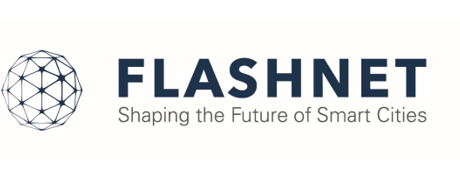 DiLouie: What services does your company offer to support design, application, installation, and operation of your products?
DiLouie: What services does your company offer to support design, application, installation, and operation of your products?
Flashnet: At Flashnet, we believe that the success of any smart lighting deployment depends just as much on implementation and long-term support as it does on product design.
That’s why we provide end-to-end services to support every stage of a project, from planning and system design to installation, operation, and maintenance:
• Design & Planning Support: We assist with the selection of the most appropriate technology for each individual project and technical offer preparation. Choosing the right solution can be complex, and our global experience allows us to provide tailored guidance for each deployment.
• Configuration & Integration: Our team supports initial configuration, third-party integrations via open APIs, and system calibration to ensure real-world performance from day one.
• On-Site & Remote Assistance: Whether it’s commissioning support or live troubleshooting, we offer both on-site engineering and 24/7 remote support.
• Training & Enablement: We equip maintenance teams with the tools, training, and documentation they need to manage the system independently – with minimal intervention.
Ultimately, our goal is to build systems that last – and to be the kind of partner cities can count on long after the lights are switched On.
DiLouie: What resources does your company offer on its website to educate and support lighting control practitioners?
Flashnet: Just as our philosophy is to develop open and interoperable solutions, we apply the same principle to knowledge sharing. Over time, we have built a collection of articles, guides, and technical resources on our website to support professionals in our industry.
When it comes to specialized technical training, which is often highly specific, we focus primarily on our partners through the Flashnet Academy program, ensuring they are fully equipped to design, implement, and operate intelligent lighting systems with confidence.
DiLouie: What overall trends are shaping demand for lighting control, and how do you see your company influencing and supporting these trends?
Flashnet: Scalability and integration with broader smart city platforms are becoming key. Lighting infrastructure is increasingly seen as a foundation for sensors, connectivity, and other digital services. Our solutions are designed for precisely this – enabling smart city expansion without disruptive overhauls.
Also, data-driven operations and AI-readiness are shaping how cities think about infrastructure. Lighting is no longer just an operational asset, it’s a data point in larger urban management. With real-time analytics and remote diagnostics, we help cities optimize maintenance, prioritize investments and build for the long term.
As cities seek more intelligent, resilient, and adaptive infrastructure, Flashnet stands out by combining engineering rigor, system openness and a proven track record across global deployments.
DiLouie: Where do you see your company in five years?
Flashnet: Continuing to drive innovation in lighting control and smart city technologies, with a stronger global presence and deeper integration into urban digital infrastructure, while remaining flexible, open, and responsive to evolving industry needs.
DiLouie: Is there anything else you’d like to add about your company and the value it offers to lighting control?
Flashnet: We don’t just deliver products, we offer complete, interoperable solutions backed by experience, support, and long-term vision. For us, lighting control is not just about efficiency, but about creating resilient, future-ready urban ecosystems.

